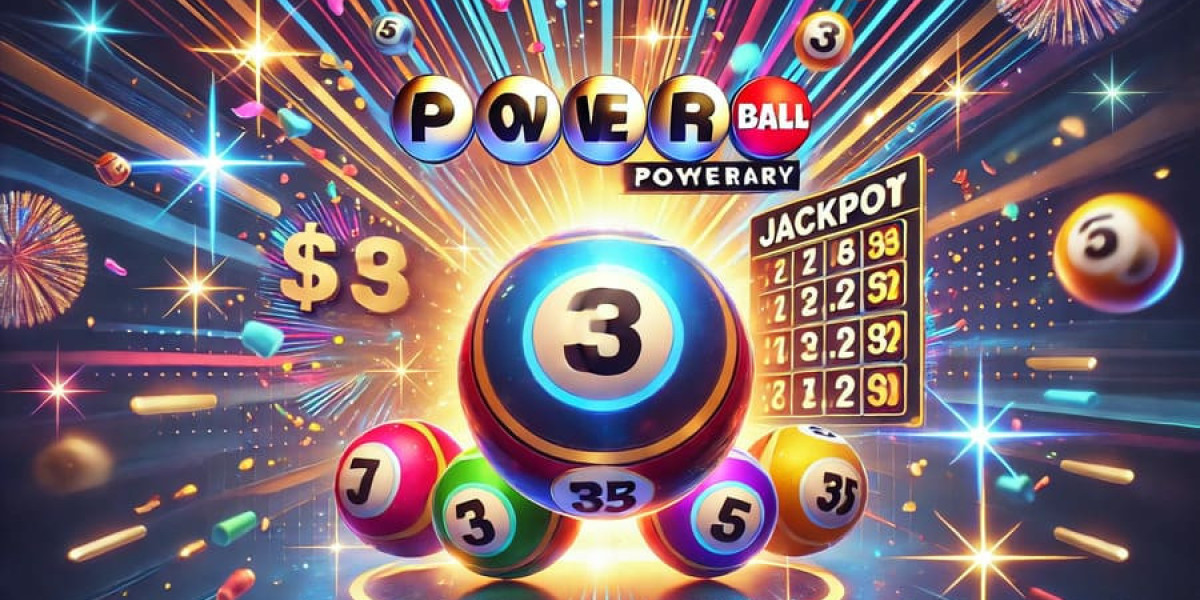The worldwide shift toward eco-friendly straws represents more than just a passing trend - it's a fundamental change in how businesses and consumers approach sustainability. As awareness of plastic pollution grows, establishments from small cafes to multinational corporations are reevaluating their use of plastic straws. This transformation is driven by both environmental necessity and changing consumer preferences that increasingly favor businesses demonstrating ecological responsibility.
Traditional plastic straws present numerous environmental challenges that extend far beyond their brief usage period. These petroleum-based products can take up to 200 years to decompose, during which time they break down into microplastics that infiltrate ecosystems and food chains. Marine environments suffer particularly severe impacts, with straws frequently found in the stomachs of sea turtles and other aquatic creatures. The production process itself is resource-intensive, relying on fossil fuels and generating significant carbon emissions at every stage from manufacturing to transportation.
In response to these issues, innovative alternatives have emerged that maintain functionality while dramatically reducing environmental harm. Paper straws, one of the earliest alternatives, have evolved significantly from their initial iterations that often became soggy too quickly. Modern versions feature improved durability through advanced manufacturing techniques and food-grade coatings that maintain structural integrity throughout typical drink consumption times. These straws decompose completely in just 2-6 months under proper composting conditions, presenting a stark contrast to their plastic counterparts.
Bamboo straws offer another sustainable solution, capitalizing on one of nature's fastest-growing renewable resources. These straws combine natural antibacterial properties with remarkable durability, often lasting through multiple uses when properly cared for. The production process for bamboo straws requires minimal processing compared to plastic, resulting in a significantly lower carbon footprint. After their usable life ends, they can be composted or simply degrade naturally without leaving harmful residues.
Plant-based PLA (polylactic acid) straws represent another breakthrough, made from fermented plant starch (usually corn) to create a material that mimics plastic's properties without its environmental drawbacks. While these straws require industrial composting facilities to break down efficiently, they offer excellent durability and heat resistance, making them suitable for both hot and cold beverages. Their production utilizes agricultural byproducts that might otherwise go to waste, creating additional value from existing food production systems.
The business case for adopting eco-friendly straws continues to strengthen as consumer preferences evolve. Recent surveys indicate that nearly 70% of consumers consider a company's environmental practices when making purchasing decisions, with younger demographics showing particularly strong preferences for sustainable businesses. Establishments that have made the switch often report positive customer feedback and improved brand perception, sometimes even gaining media attention for their environmental initiatives. Additionally, with many jurisdictions implementing plastic straw bans or restrictions, early adopters avoid the scramble to find alternatives when regulations take effect.
For businesses considering the transition, the market now offers a wide range of options to suit different needs and budgets. Factors like drink type, customer demographics, and disposal infrastructure should all inform the selection process. Some establishments find success with a combination approach, using different materials for different applications - perhaps paper straws for casual dining and more durable options like bamboo for specialty drinks. The key is finding solutions that align with both operational requirements and sustainability goals.
As this movement continues gaining momentum, the availability and quality of eco-friendly straws keeps improving. What began as a niche alternative has blossomed into a robust industry offering products that rival conventional plastic in performance while dramatically outperforming them in environmental impact. This progress suggests that the future of beverage service lies not in temporary workarounds, but in genuinely sustainable solutions that satisfy both business needs and ecological responsibility.
Explore high-quality sustainable straw solutions at sotonstraws.com .







